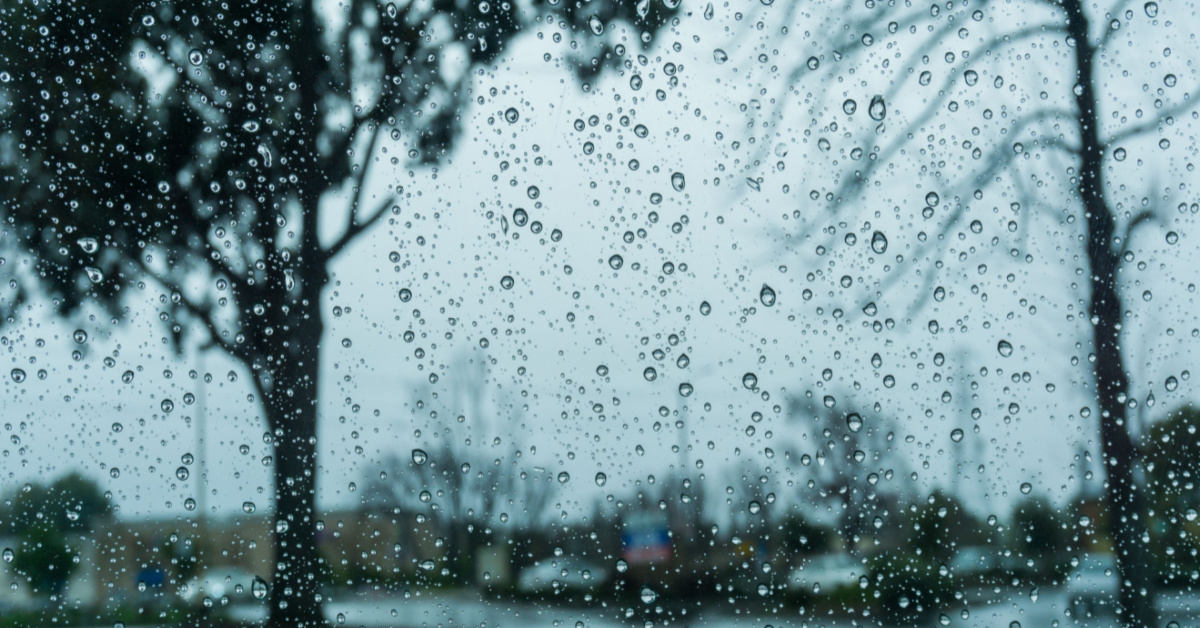
When we think of securing and protecting our home, we think of protecting it from outside intruders. However, nature itself can be a hazardous invader that we must guard against. Hurricanes, tornadoes, blizzards, floods, fires, and more can cause significant damage if we aren’t adequately protecting against them.
Emergency bags, evacuation plans, and awareness of your surroundings and conditions can significantly defend against the elements. Still, there’s a way to protect your home and your family.
To start, ensuring that your home and vehicle are up to date on insurance in case of environmental damage can be a great way to ensure a smoother recovery in the case of a disaster.
Flashlights being stored around the home can also lend a great advantage. When the power goes out, trying to navigate your home in the dark can be terrifying and dangerous. Having one at your disposal can prevent possible injury and assist you in moving quickly if urgency is required.
Always keep a few days’ worths of food in your pantry that is easy to cook or consume with limited resources. This ensures if you are unable to leave your home, you will have food to last. It’s essential to be sure that the food you store doesn’t rely on electricity not to spoil or to cook.
In addition to fortifying the inside of your home, you can strengthen the outside of your home. Trimming the trees around your home is a good start. Professionally cutting your trees can help prevent any loose branches from falling on you or your home, causing what could be thousands in repairs.
If you know a windy storm or hail is imminent, securing or moving your valuable belongings can protect them better from the elements and prevent expensive repairs. This includes lawn furniture, pool equipment, grills, etc.
And lastly, we encourage you to consider installing window film. Window films not only reduce glare but also prevent fading and damage and can reinforce the strength of your windows against flying debris and other exterior dangers. In addition, if your windows break, the film will prevent them from shattering. This reduces the risk of glass-related injuries by binding the dangerous glass shards together.

